Coronavirus is a global crisis, but there is no global co-ordination; nobody knows what they’re doing
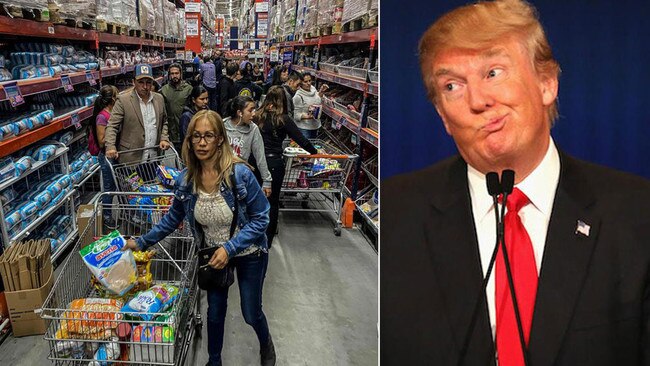
Was that the bottom at 12:36pm Friday the 13th when the ASX 200 was 4873, down 8 per cent? That’s not impossible, but with the crisis still unfolding ruinously and unpredictably, it’s hard to imagine it was.
And a large part of the problem for all countries trying to deal with this emergency is that there is no global leadership.
Donald Trump’s address to the nation on Wednesday night, US time, was disastrous on so many levels, but the most important was to underline that there is a complete absence of coherent leadership in this crisis.
The speech was a bumbling effort that initially announced a ban on cargo from Europe to the US, later amended to apply to people only, but it left so many questions unanswered and created so much uncertainty that the Dow Jones Average dropped 10 per cent next morning, the worst fall since October 1987.
The market is now reacting to the gaping lack of global leadership, particularly from the United States.
The idea that the US could protect itself by banning travel from Europe, but not the UK, when the coronavirus is clearly spreading rapidly inside the US itself now, brought home the fact that it’s every country for itself and nobody knows what they’re doing. It’s a global crisis, but there is no global co-ordination, or even talking.
The Australian Government’s response on Thursday, including our own PM’s address to the nation, was not inept at least, but most people would have smiled at the idea that there is “a clear plan”. “We’re making this up as we go along”, would have been more accurate and therefore possibly more reassuring.
That’s what everyone was doing during the GFC, of course, but at least there was a sense of coherence from the unelected, and therefore competent.
In 2008 and the decade after that there was global central bank co-ordination through the Bank of International Settlements, and firm leadership from unelected, competent, individuals. European Central bank president Mario Draghi declared in 2012 that he would do “whatever it takes” to preserve the euro, and then successive Federal Reserve chairs have provided economic leadership since then.
With this crisis, central banks are out of the game, with monetary policy exhausted after more than a decade of propping up economies and markets. And all politics is local, as the saying goes, now more than ever.
The natural body of skilled, experienced, unelected people supposed to provide global leadership during a pandemic is the World Health Organisation, but it is being largely ignored.
Fifteen years ago the WHO revised the International Health Regulations, a supposedly legally binding instrument of international law created with the WHO in 1948 and signed by 196 countries including the United States. It is still the global framework for responding to outbreaks.
The basic premise of the IHR after 2005 was that the WHO would act as a central co-ordinating body and countries would keep it informed and share data to help scientists address the disease. The WHO would co-ordinate efforts on containment, declare emergencies and make recommendations.
Flaws had been identified by SARS in 2003 and the revision was meant to correct them, but since then the whole thing has fallen into disrepute over the failure of both the WHO and the IHR to deal properly with Ebola.
With COVID 19 in 2020, the WHO at first resisted declaring it a global pandemic apparently because it didn’t want to cause panic. Then on Wednesday the director general, Dr Tedros Adhanom Ghebreyesus, fronted the cameras on Facebook and YouTube and said COVID 19 can now be characterised as a pandemic.
He said: “In the days and weeks ahead we expect the number of cases, the number of deaths and the number of affected countries to climb even higher. WHO (is) deeply concerned both by the alarming levels of spread and severity, and the alarming levels of inaction.”
So while trying to reinforce WHO’s role as the body that officially declares pandemics and runs a legally binding set of rules that 196 countries have signed, Ghebreyesus basically revealed that no one is in charge and he’s alarmed at the inaction. Then a few hours later the leader of the free world clarified this by making a complete hash of things.
No wonder the stockmarket fell over next day.
As for Australia’s response on Thursday, the best you can say about it is that it gave the Prime Minister something to say.
Any idea that the fiscal stimulus he announced and the two rate cuts we are now between will prevent a recession is fanciful, so it was good that Scott Morrison didn’t actually promise to prevent one and instead focused on setting Australia up to “bounce back stronger when the crisis is over”.
But the actual package he and Treasurer Josh Frydenberg unveiled was little more than the basis of a theatrically steely-eyed press conference.
Giving an extra $750 each to 6.3 million Centrelink customers and up to $25,000 to half a million or so small businesses, won’t hurt, and neither will the longer-term things like instant asset write-offs, accelerated depreciation and paying apprentice wages, but none of them will do more than scratch the surface.
Would any fiscal stimulus work, or rate cut, in the situation that Australia and the world find themselves? Unlikely.
Basically the economy has been taken out of the hands of economists.
A virus that apparently jumped from bats to humans in Wuhan, China, and then quickly spread around the world via the modern abundance of air travel has suddenly, unexpectedly, put the global economy, and financial markets, in hands of doctors and biological scientists, and the politicians who are responding to what they say, rather than what economists say.
This is a completely new and unsettling experience, certainly since the GFC. In the decade since 2009, economists and central bankers have been clearly in charge, and have been running things very nicely for investors.
Not any more.
Alan Kohler is Editor in Chief of eurekareport.com.au

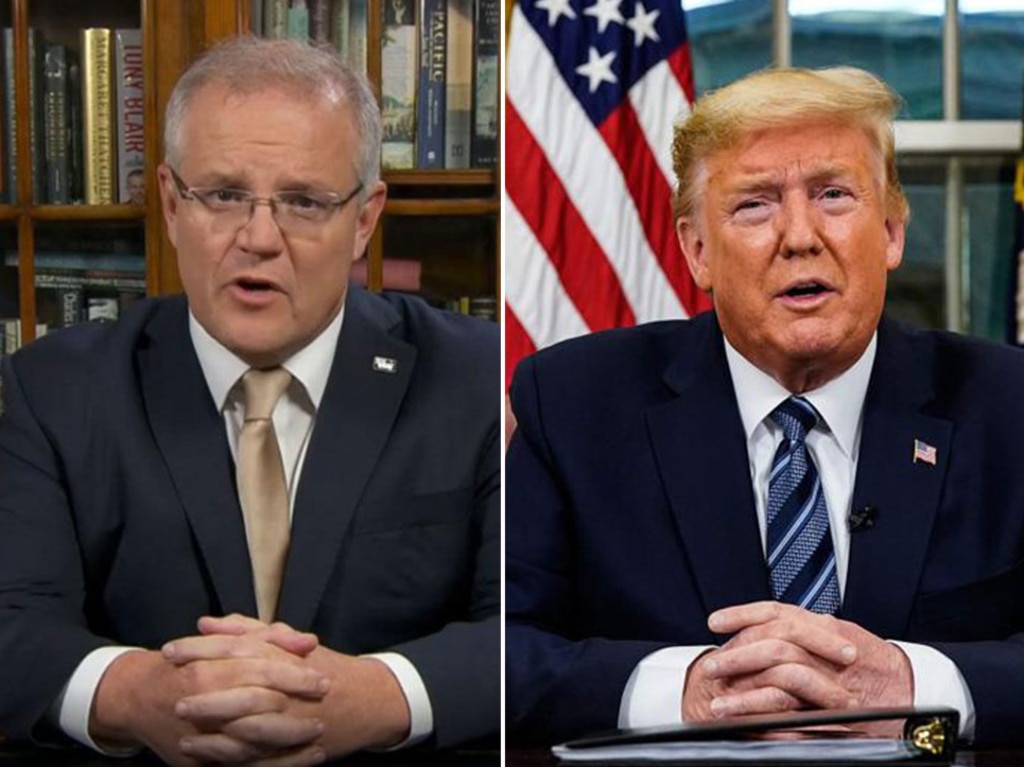

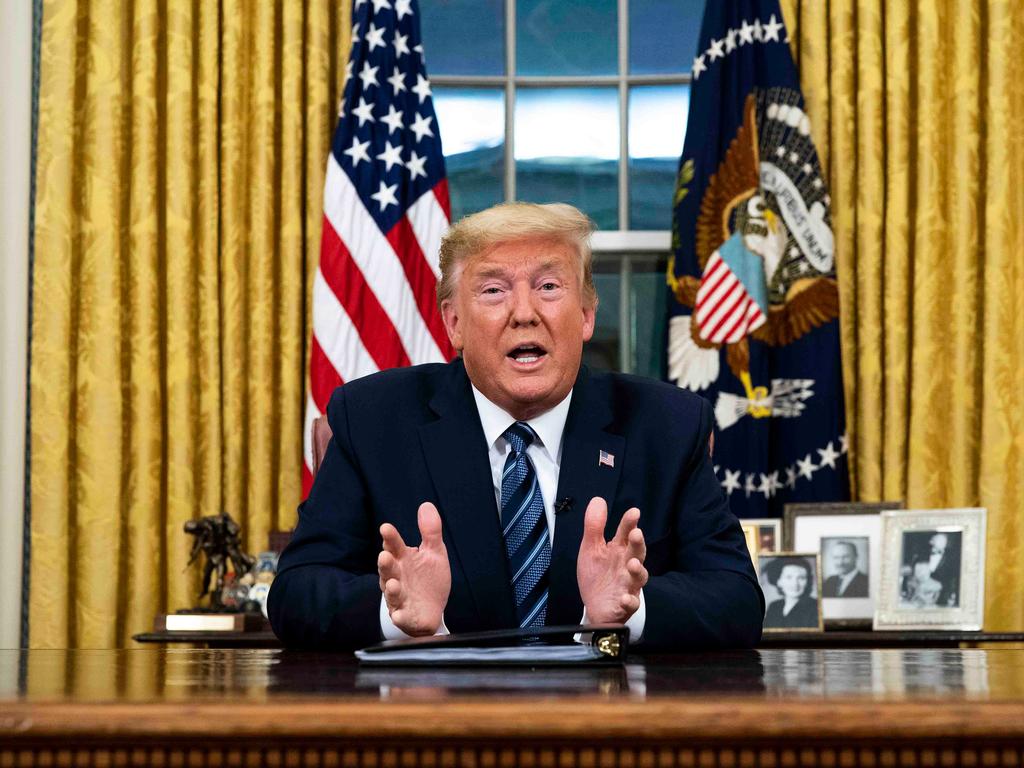
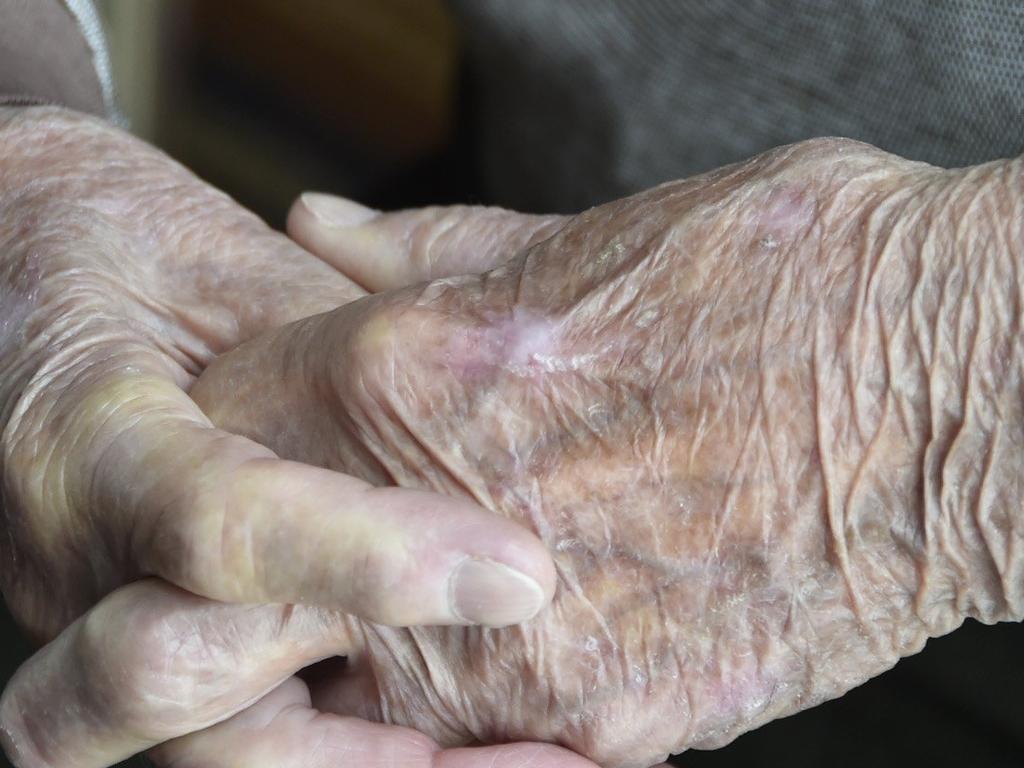
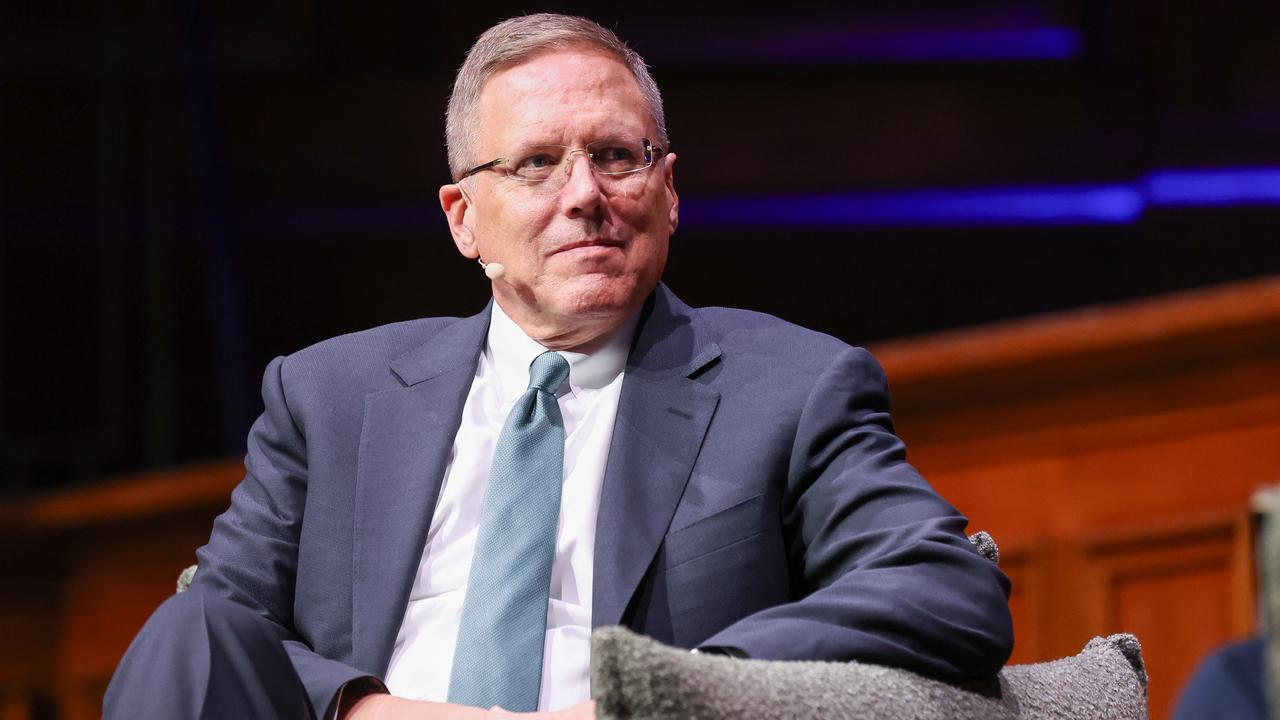

Friday’s remarkable 12 per cent turnaround on the Australian stockmarket was more evidence of the volatility that is besetting investors at the moment, and more importantly the insecurity that now assails us all.